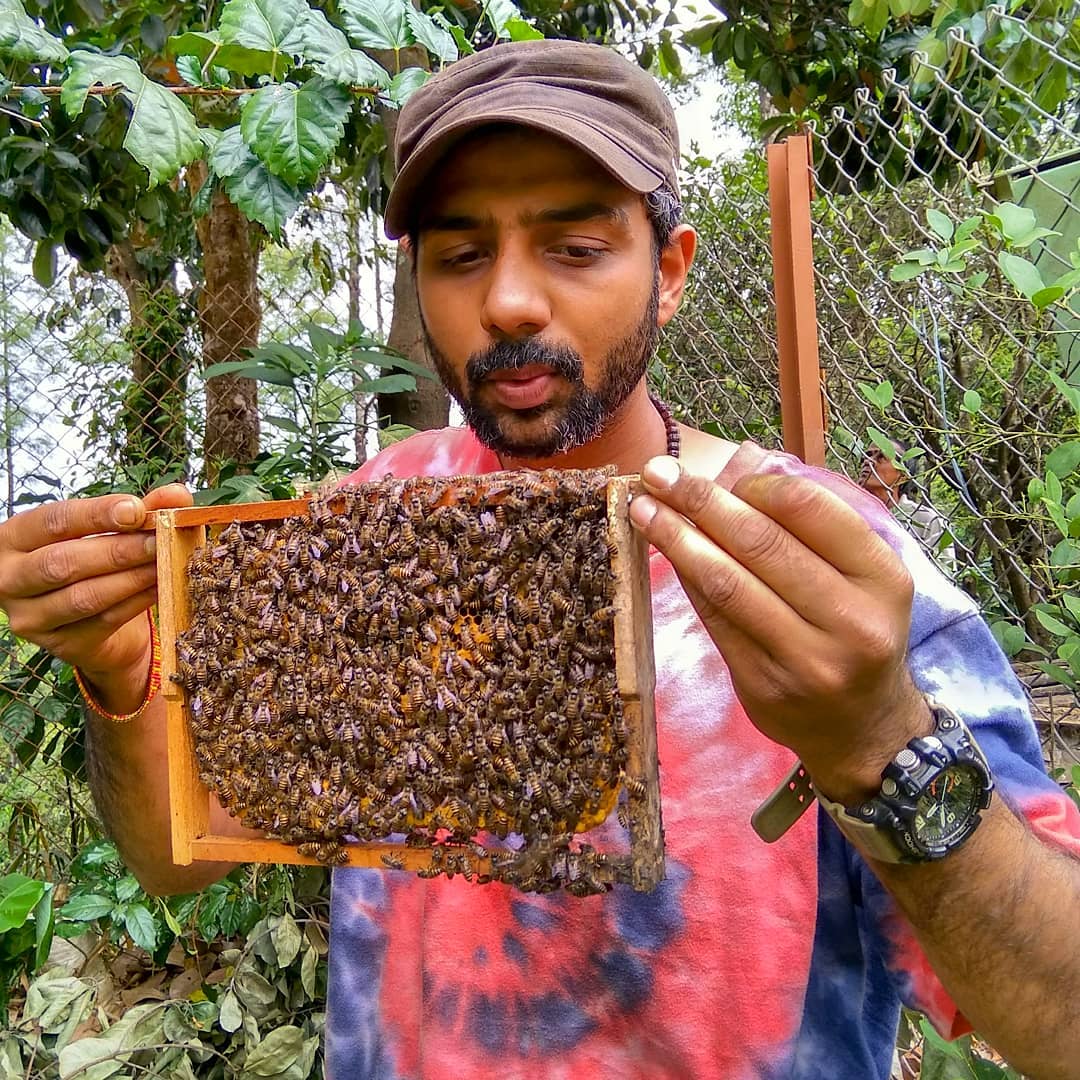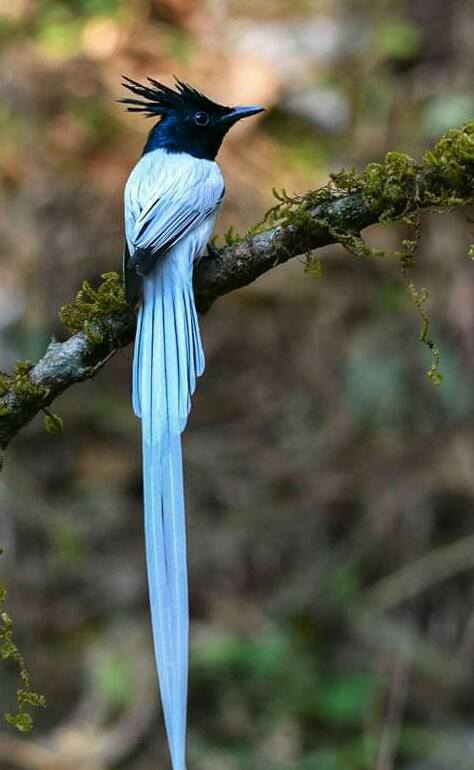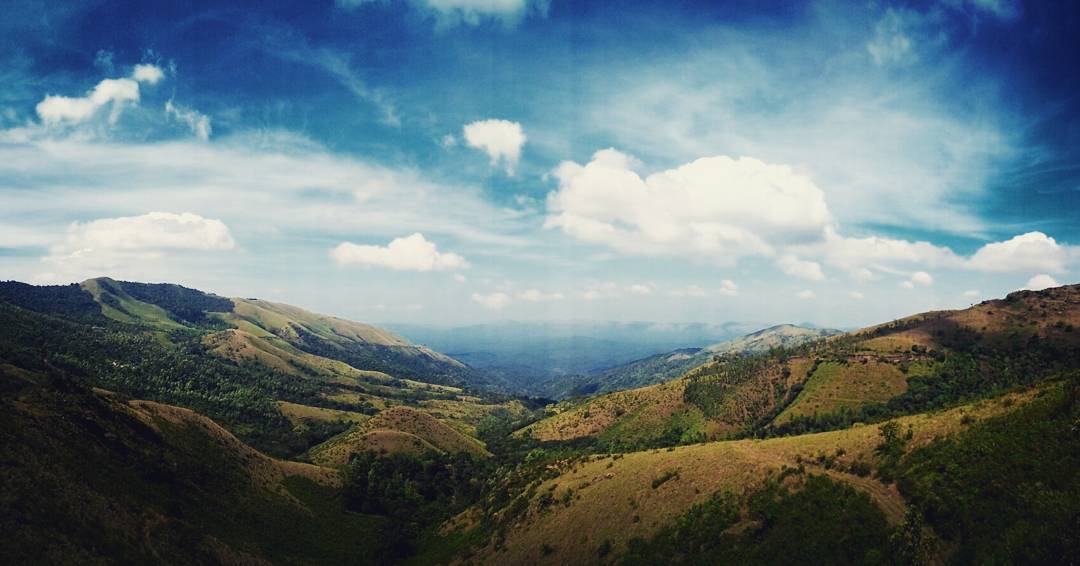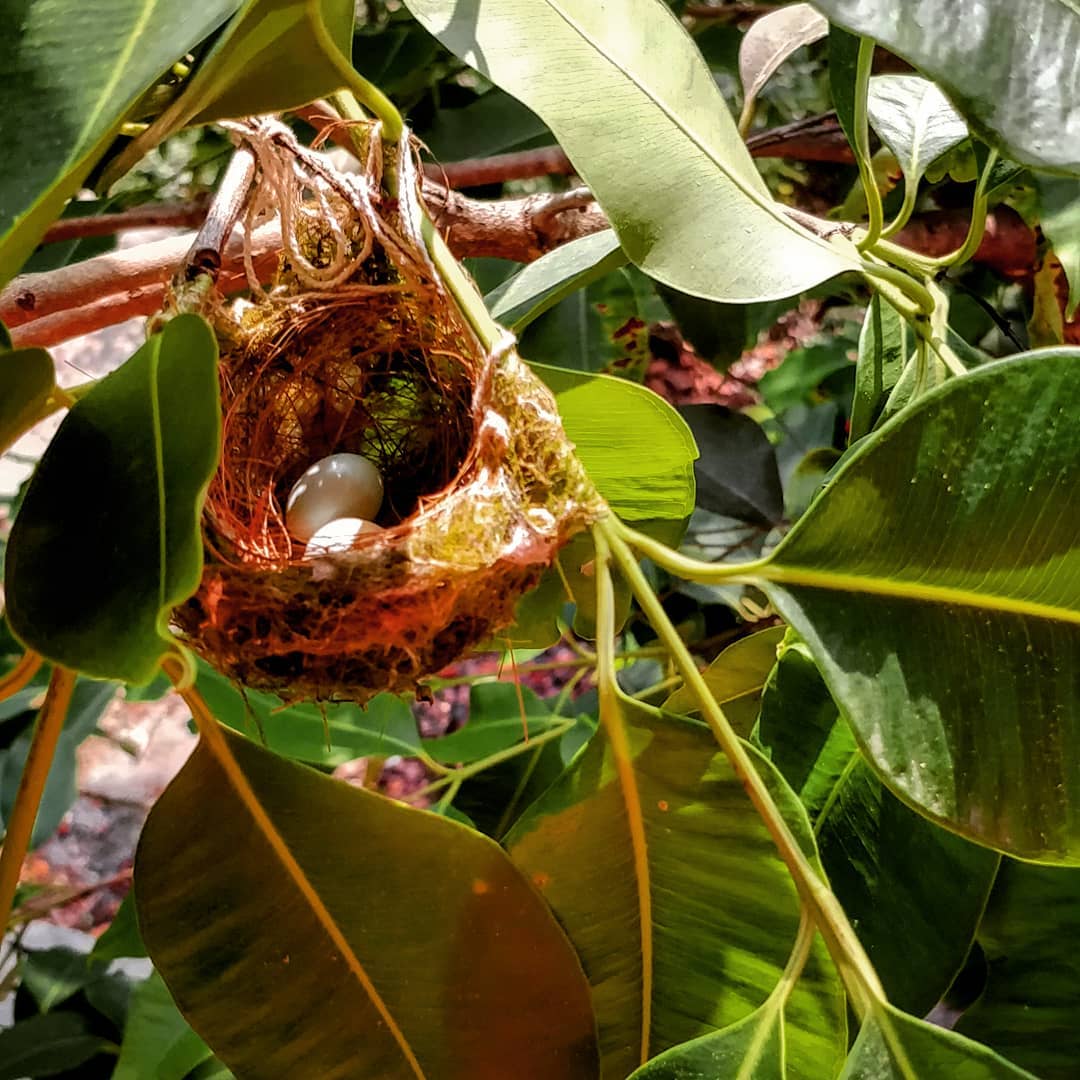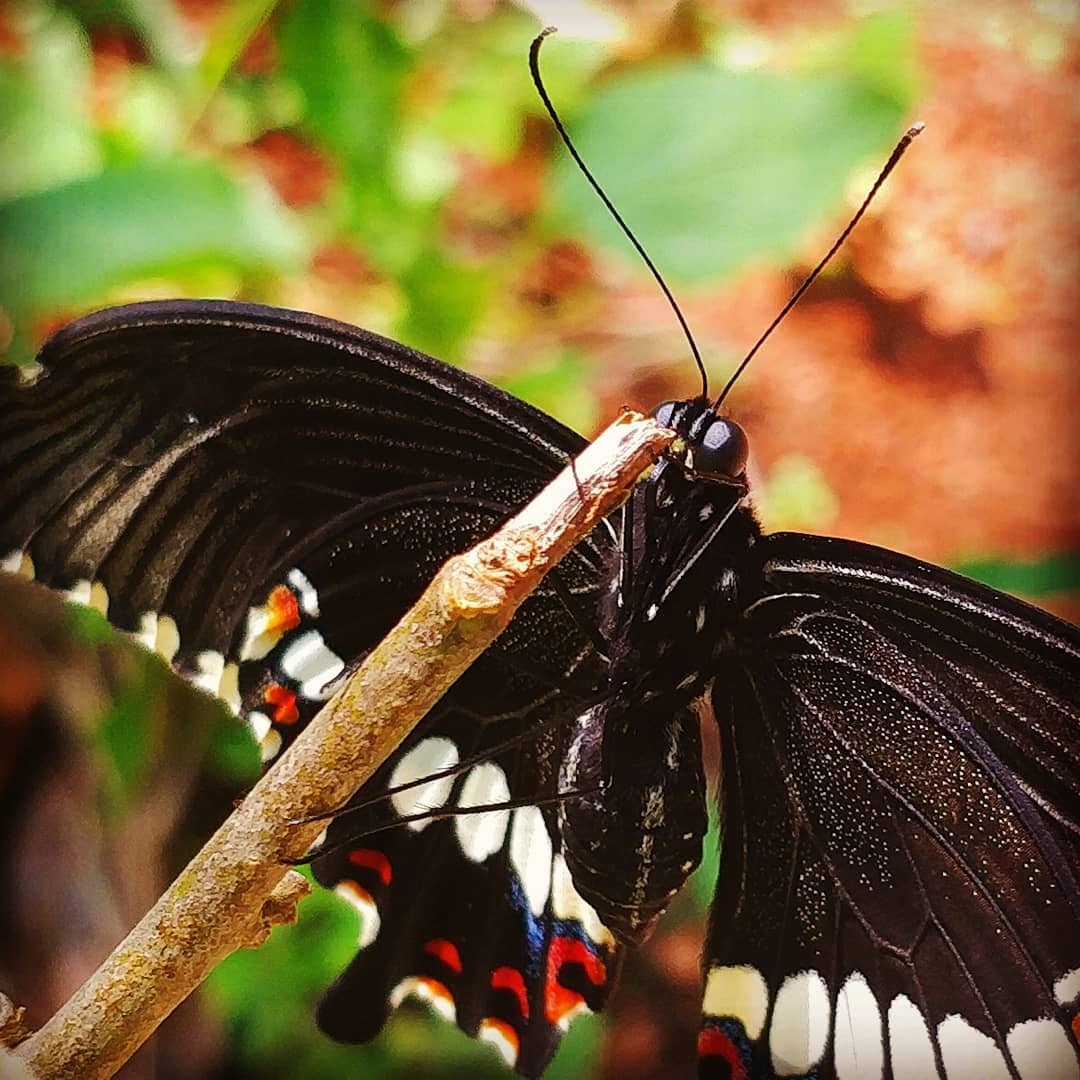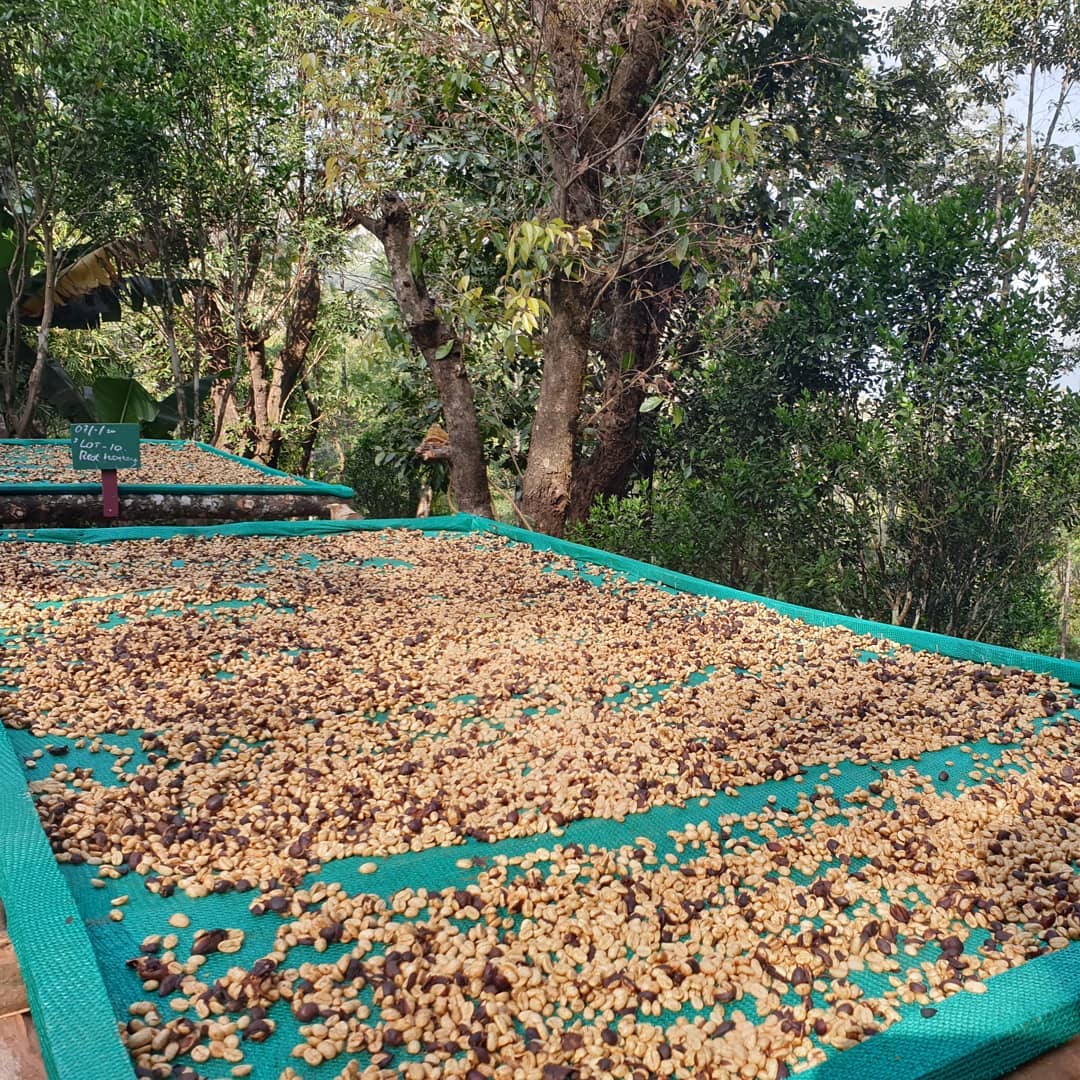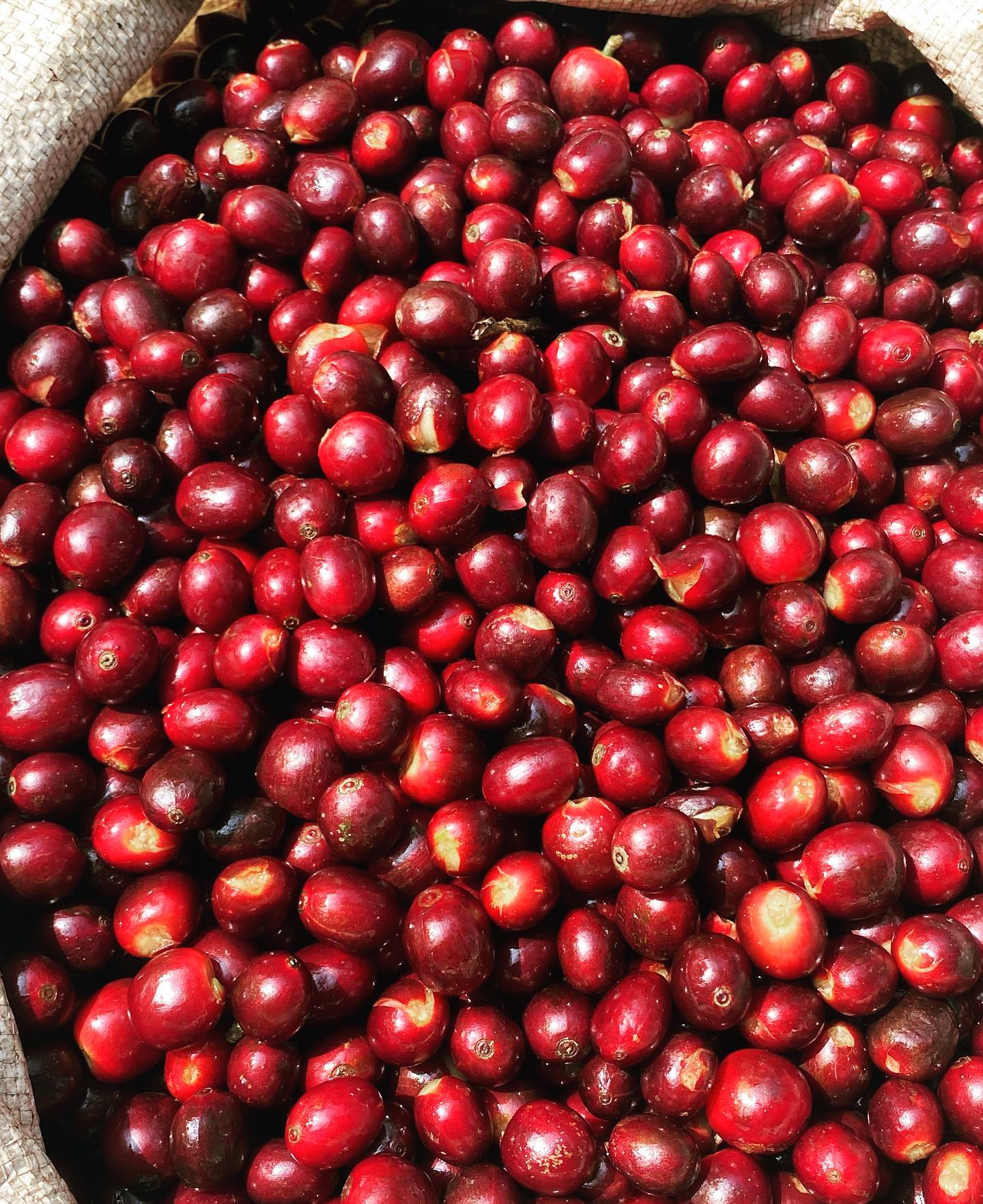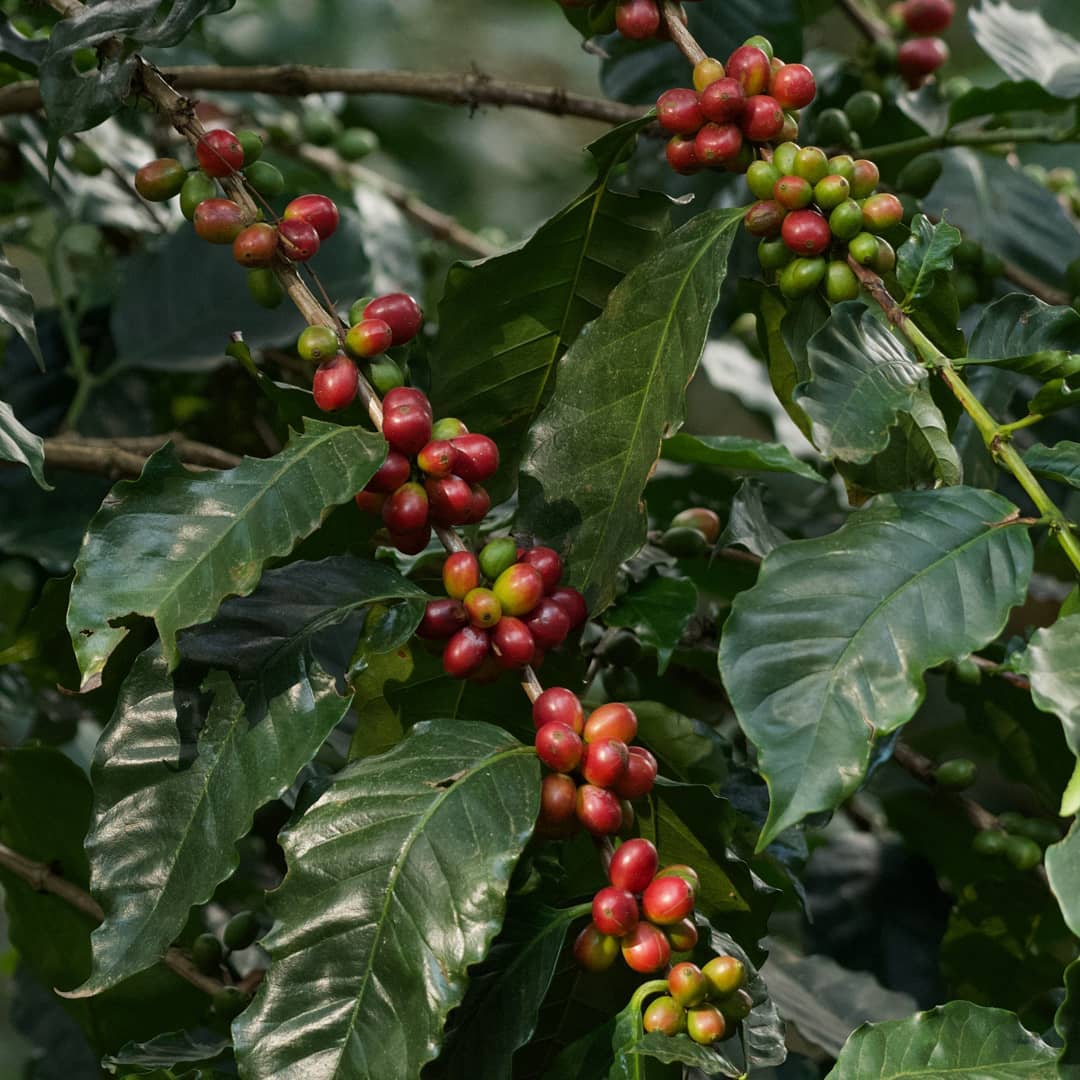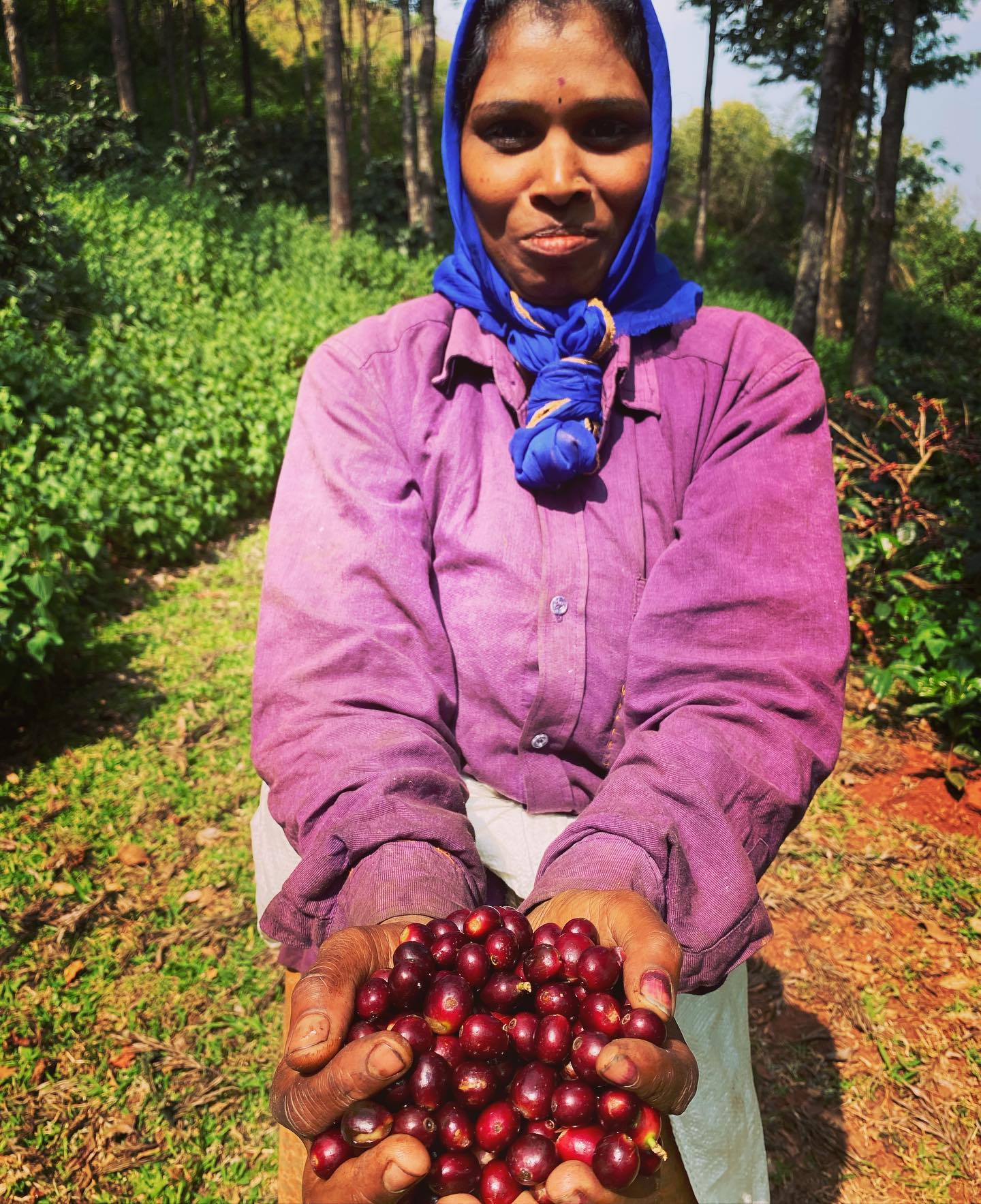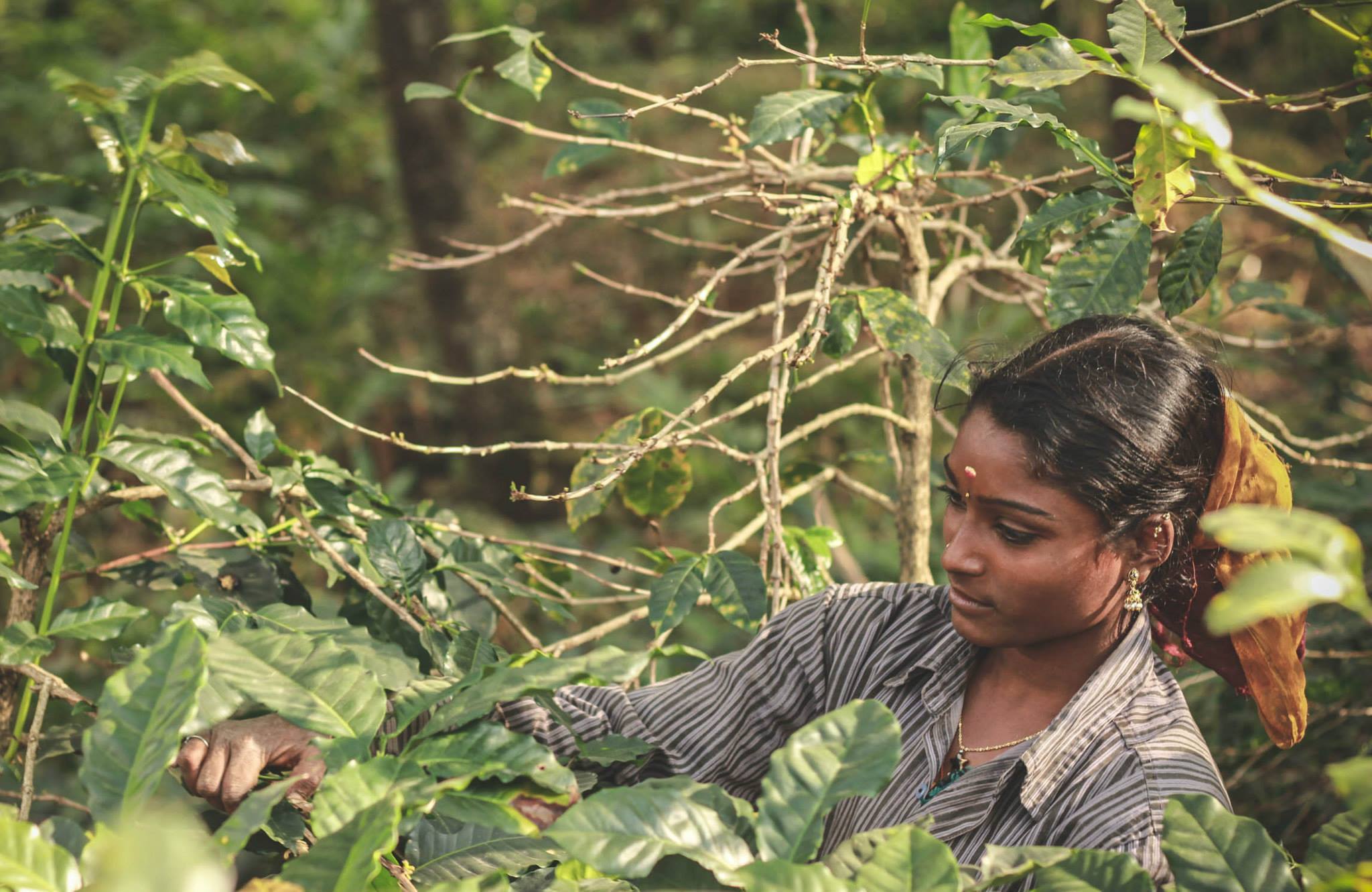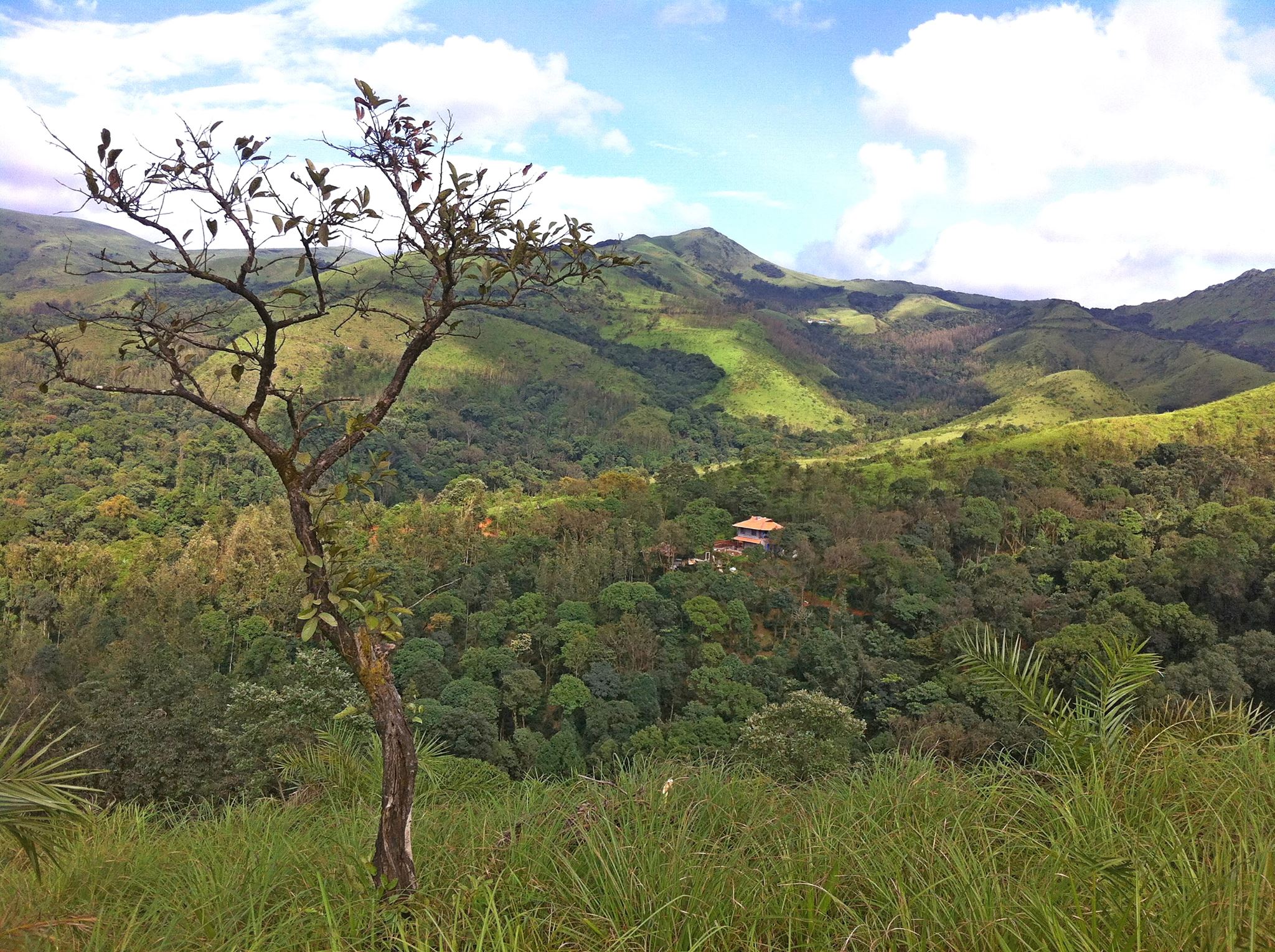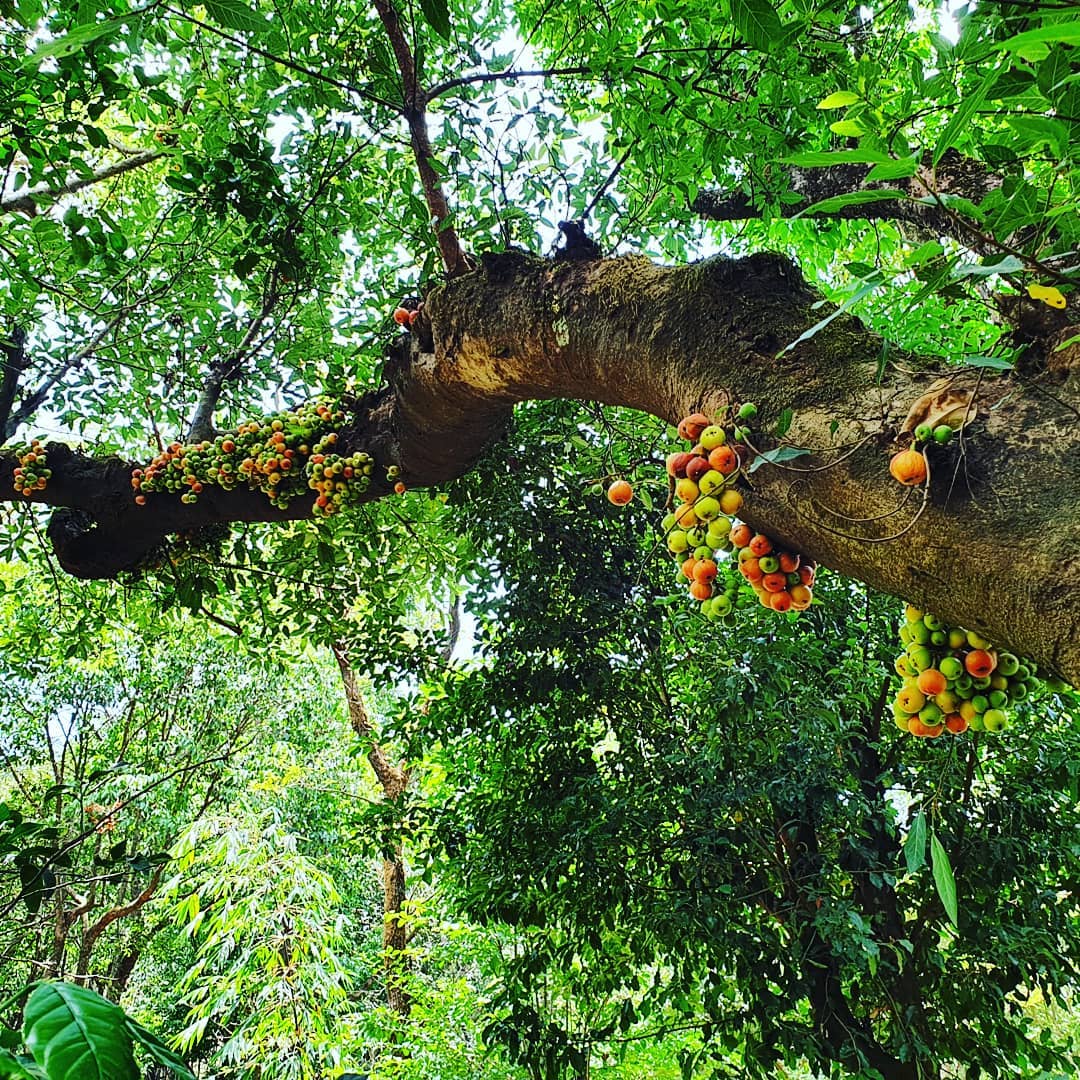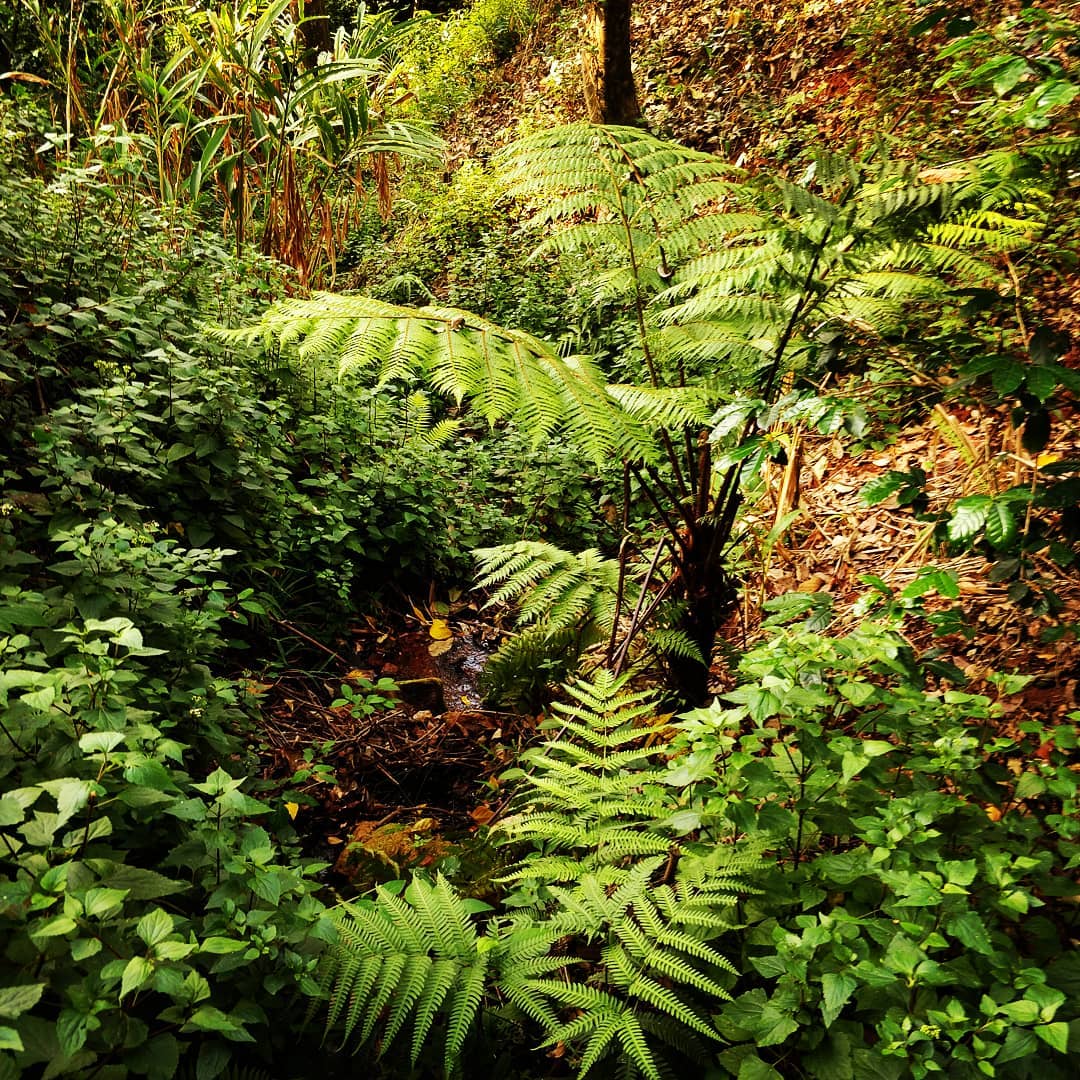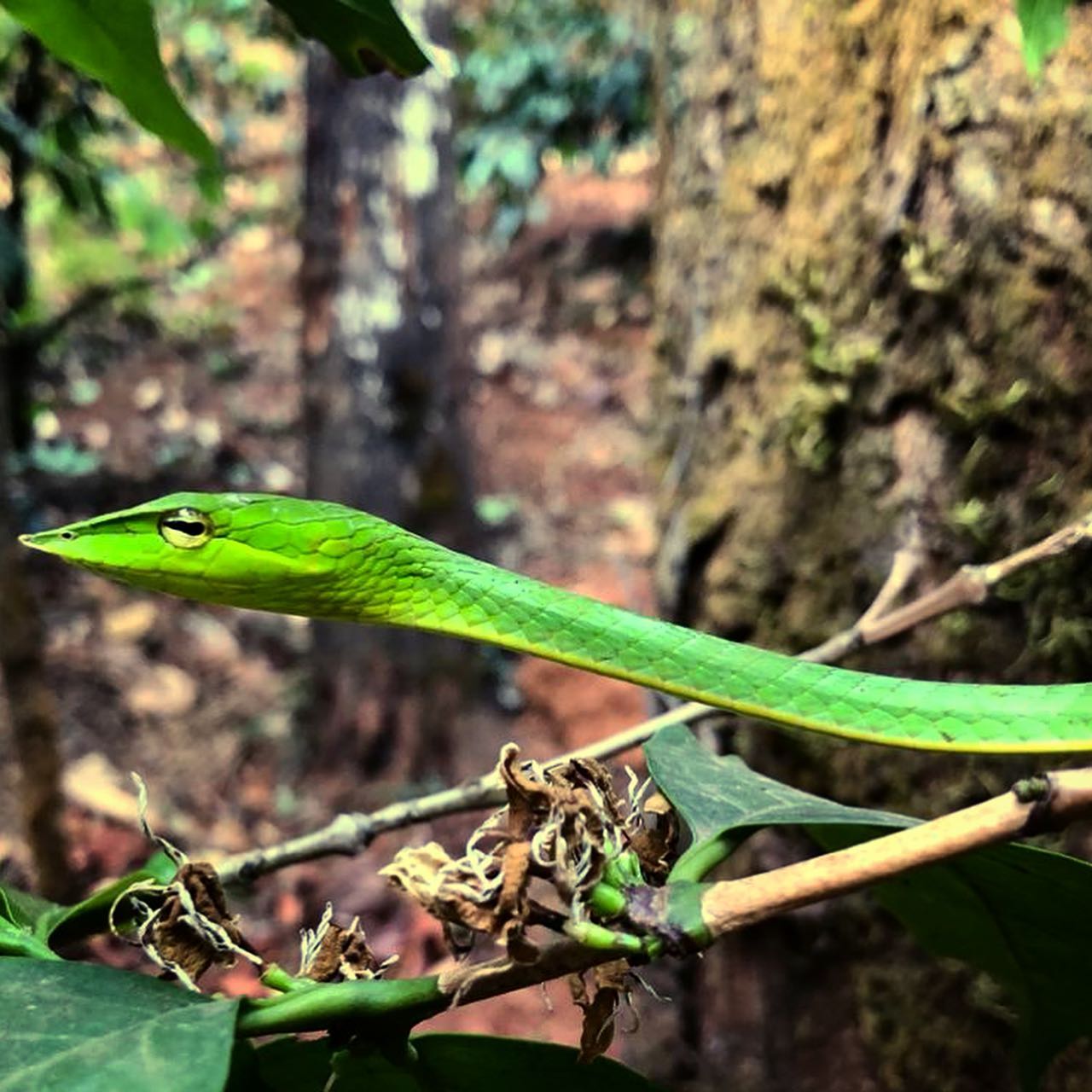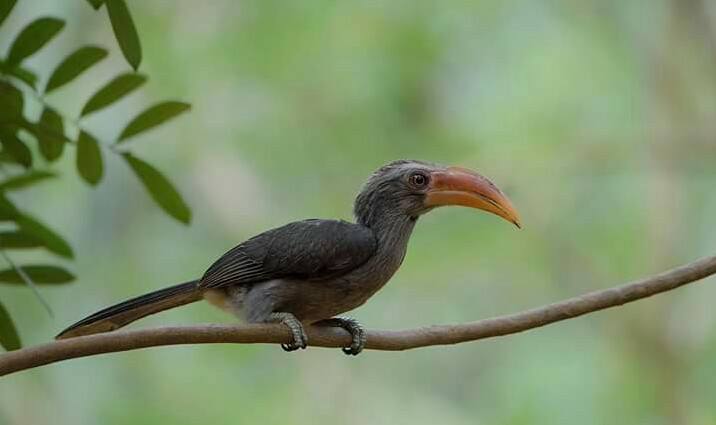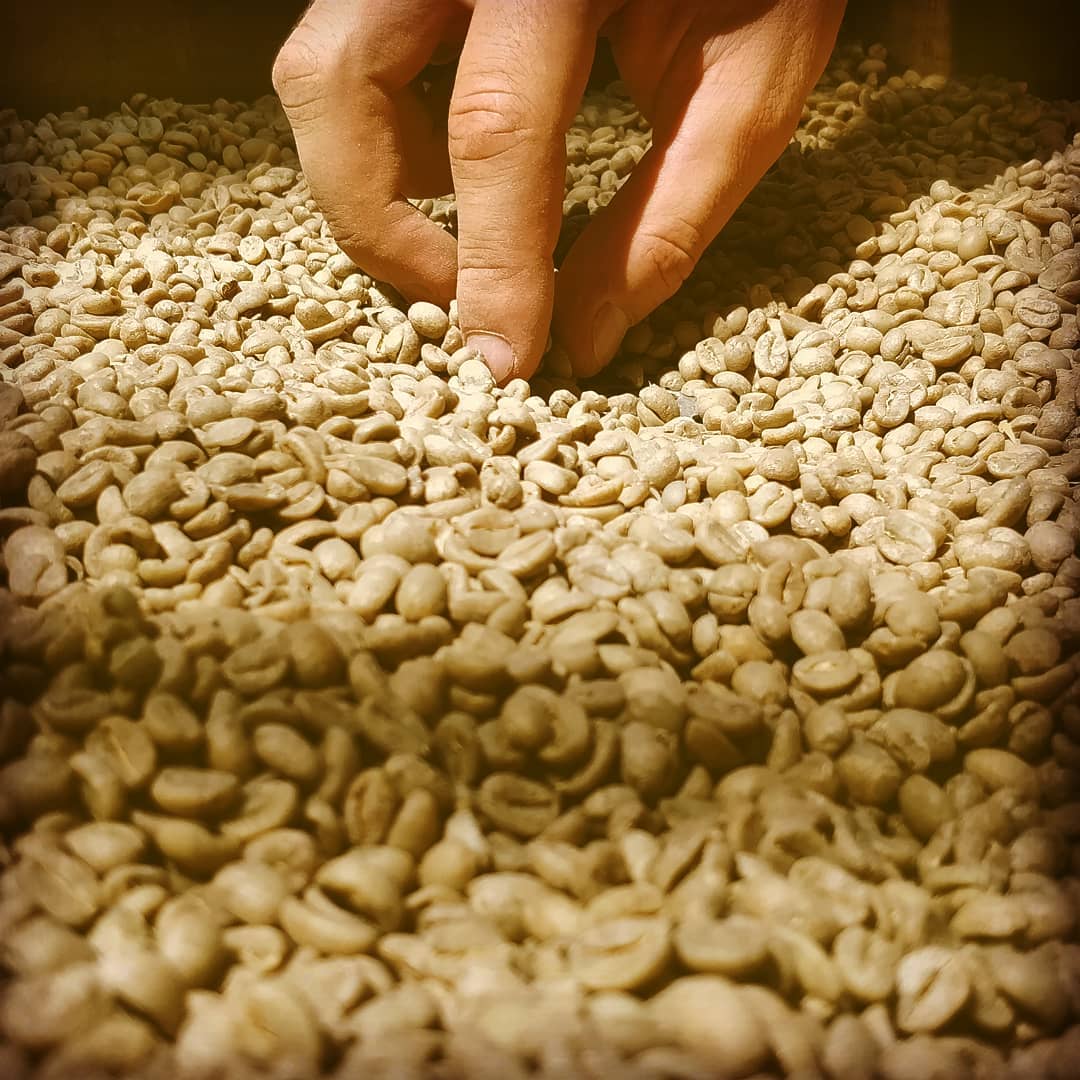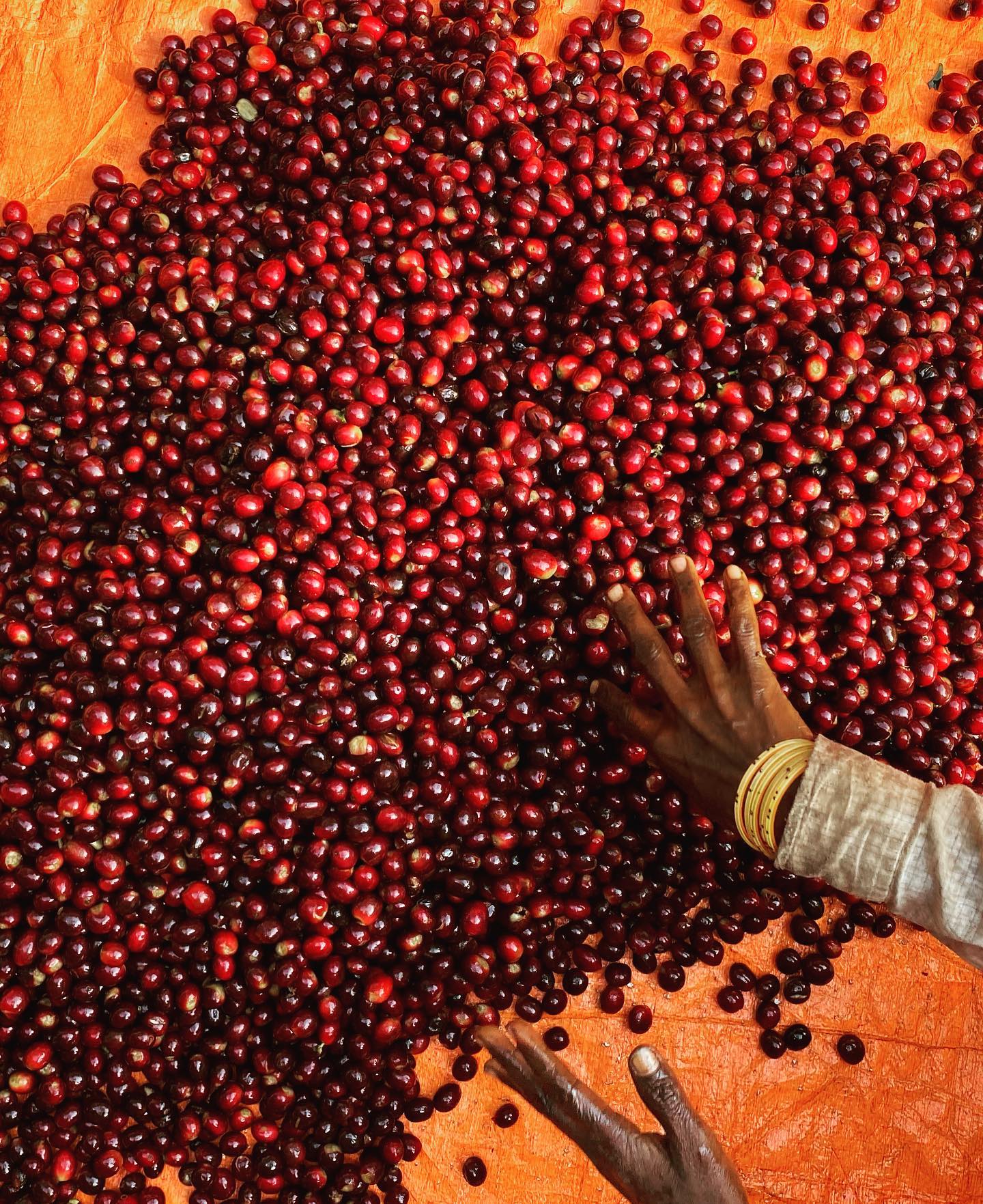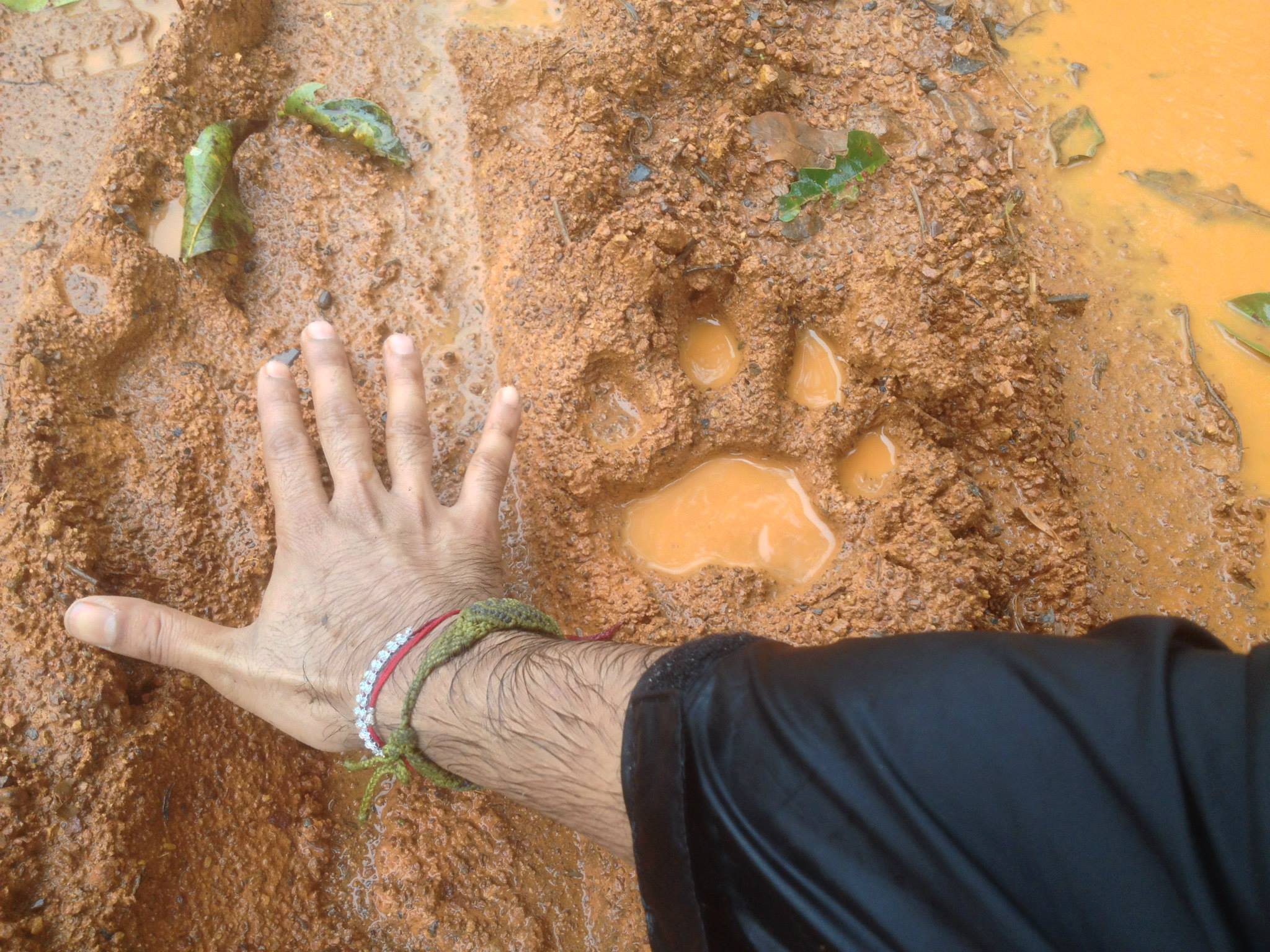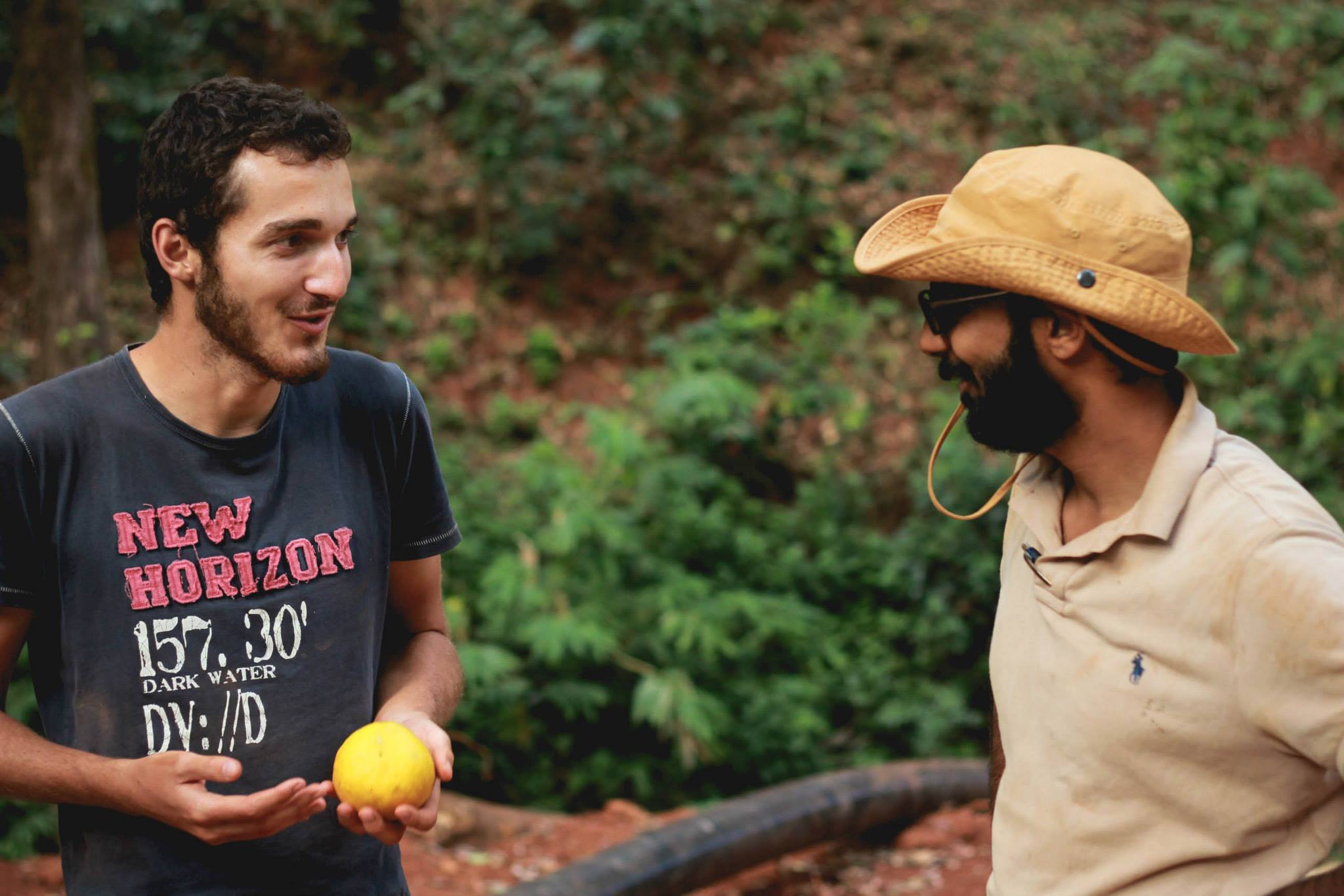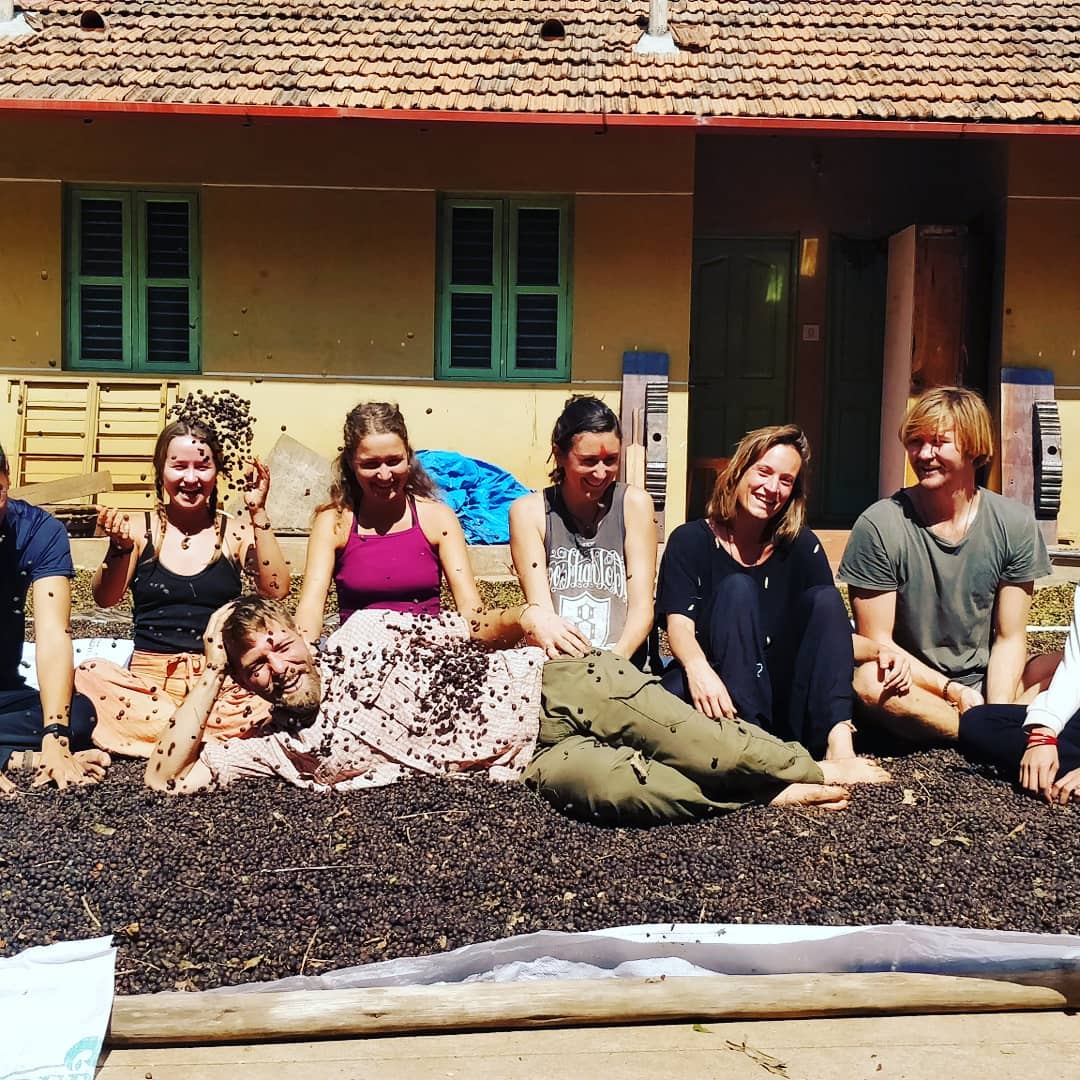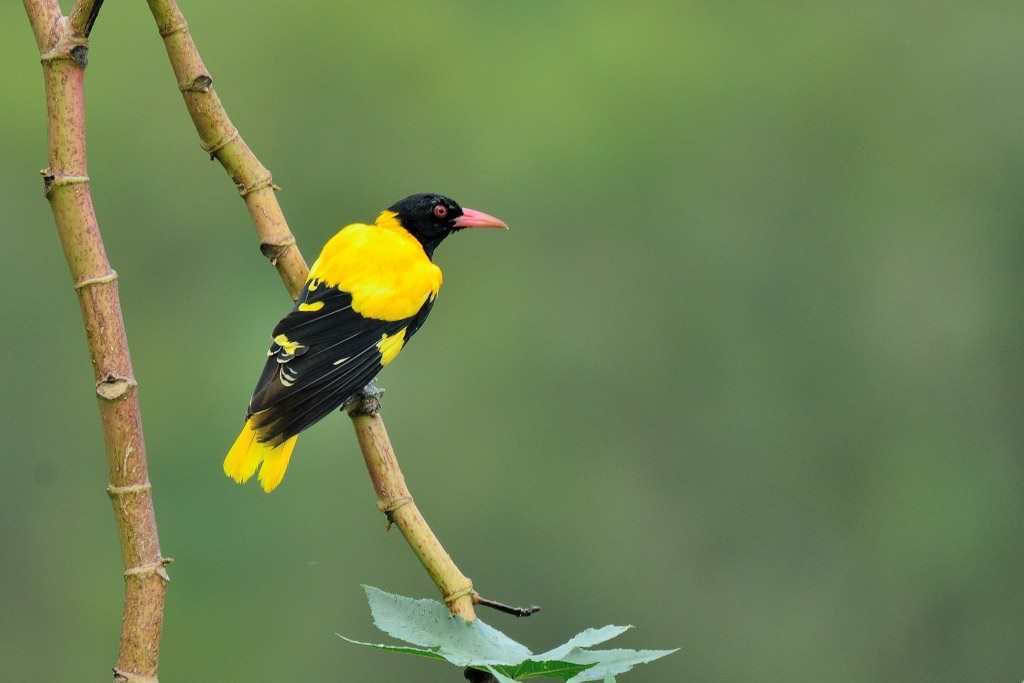Get to Know their Farm
At Tat Tvam farms, Vishal and Aditi have worked hard in developing this organic plantation with principles which are in sync with mother nature. Aiming to strike a balance between time-tested traditional practices and modern scientific approaches, here are some facts that present full transparency on the coffee growing conditions at the farm.
Located in the foothills of the Mullayangiri peak of the Western Ghats, this region accounts for 40% of India’s coffee production.
Being the two most popular coffee varieties, Arabica grows at a higher elevation whereas Robusta typically grows at lower elevations
Coffee grown at higher elevations tends to be of higher quality, and with that high quality comes more complex flavor notes
Harvesting coffee cherries are from October through to March typically in this region
Growing coffee under shade leads to sustainable production
This metric is used to measure the quality of coffee in in ten different categories such as Fragrance/Aroma, Flavor, Body, Acidity etc.

About the Farm
Being nature lovers, Vishal and Aditi Mehta wanted to be closer to nature and settle down to farm sustainably. What started then as a vision, eventually became reality when they established Tat Tvam Asi Organic farm on the Bababudangiri hill range in southern India.
The farm is modeled on sustainable principles of permaculture with an aim to conserve and promote diversity. They’ve mastered the art of growing sustainable coffee on these mountain slopes. The couple strongly believe in leaving the planet in a better condition than when inherited.
The Process

Hand Picked
Coffee cherries are carefully handpicked. This process is usually meticulous and often leads to high grade coffee at the end of the processing pipeline.

Honey Processed
During this process, coffee is dried with some or all of the mucilage remaining on the outer parchment. Coffee is picked, sorted, de-pulped and then moved to drying patios.

Fully Washed
In this process, the cherry coffee is then given a thorough wash to separate the ripe ones out from the lot.

Anaerobic Fermentation
During this process, carbonic maceration in a sealed environment is intentionally created for identifiable flavor notes which tend to be singular, highly expressive and uncommon.

Sun Dried
The ripe cherries are dried under the sun for days together. Weathering the natural drying process, the reddish beans eventually lose their water content.

Manual Sorting
Post processing, coffee beans are manually sorted by hand to remove any defectives and other impurities to achieve a fine quality that is truly artisanal.
Organic & Sustainable
Our coffee is grown organically using nature as a catalyst under the shade of native tree canopies.
